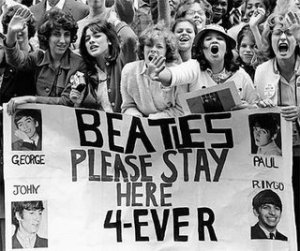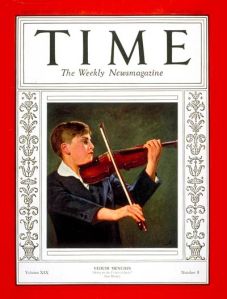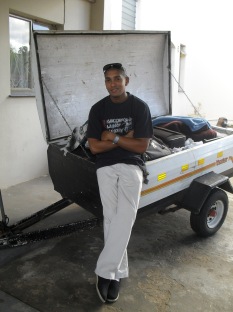If you have not read (or can’t remember) my very first post on this blog, titled “Fallen“, you should do so now before continuing any further into this one.
I’m not a regular member of the band anymore. I very occasionally play a party gig and spend most of my musical hours these days teaching piano, learning Indian classical music and experimenting with fusing the different styles that I have been exposed to. So I can’t really remember the last time I’ve had to play Lauren Wood’s Fallen from the movie Pretty Woman, the song that managed to invoke in me such intense yearning to have those lyrics come alive in my life. I desperately wanted to have a romance with her sultry voice as the backdrop to my story, if only for it to enable my full appreciation of the beauty of that piece of music. Not being able to relate always gave me a sense of something missing whenever I listened to it.
A few years have passed now and I hardly think about the songs I used to play. Once in a while at the piano, the chords of Fallen might casually escape as my fingers fiddle around the keys. This happened last weekend when my boyfriend came home to visit one afternoon and we sat at the piano so I could play some of my favourite pieces for him while we chatted in between – something I have never been able to do since I always have a full house. It was so special having our own little space at the piano and enjoying this time to ourselves, where I could play music of different styles and tell stories about them. Where I was free to even sing for him as we escaped from the outside world into our own little bubble of happiness. For just that moment we were living inside a Jack Johnson song.
After playing some Chopin, a jazz standard and a Carnatic piece, we talked and laughed as my fingers unintentionally started to play… Cma7-Am9-Dm7-G13-Cma7. A few seconds later my brain realised what that was – the chords I used to play when Paul from the band sang Fallen. The excitement suddenly started to hit me when I realised that I was not just listening to Fallen (like I had imagined four years ago) but PLAYING it with the man I love sitting beside me! The only thing that could have been more perfect was if I sang it for him…
BAD IDEA. The very thought of the lyrics…
“I can’t believe it
You’re a dream coming true
I can’t believe how I have…
Fallen for you”
…made me burst into tears! I hadn’t even got one word out! Well there went my delicate movie scene moment…
Luckily for me John is used to my emotional outbursts and didn’t think this was abnormal in the slightest. He quietly held me in his characteristic “squishy” hug and wiped my tears as he understood that what I was feeling was deeper than anything I could play or sing for him. I feel that my “Fallen” story now has a better ending than I originally imagined and I have a content smile as I finish this post finally knowing how that tiny sequence in my life was meant to end.



